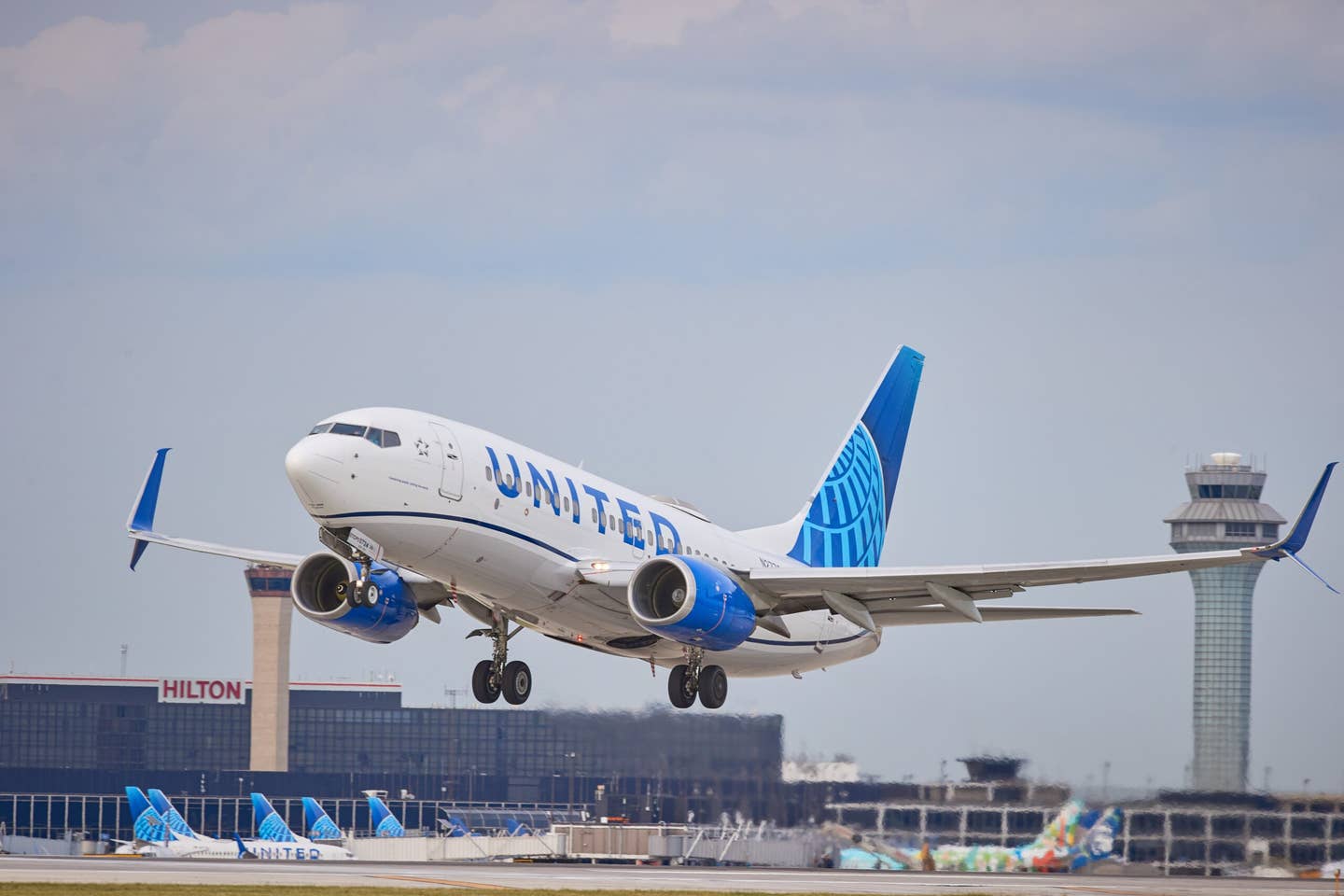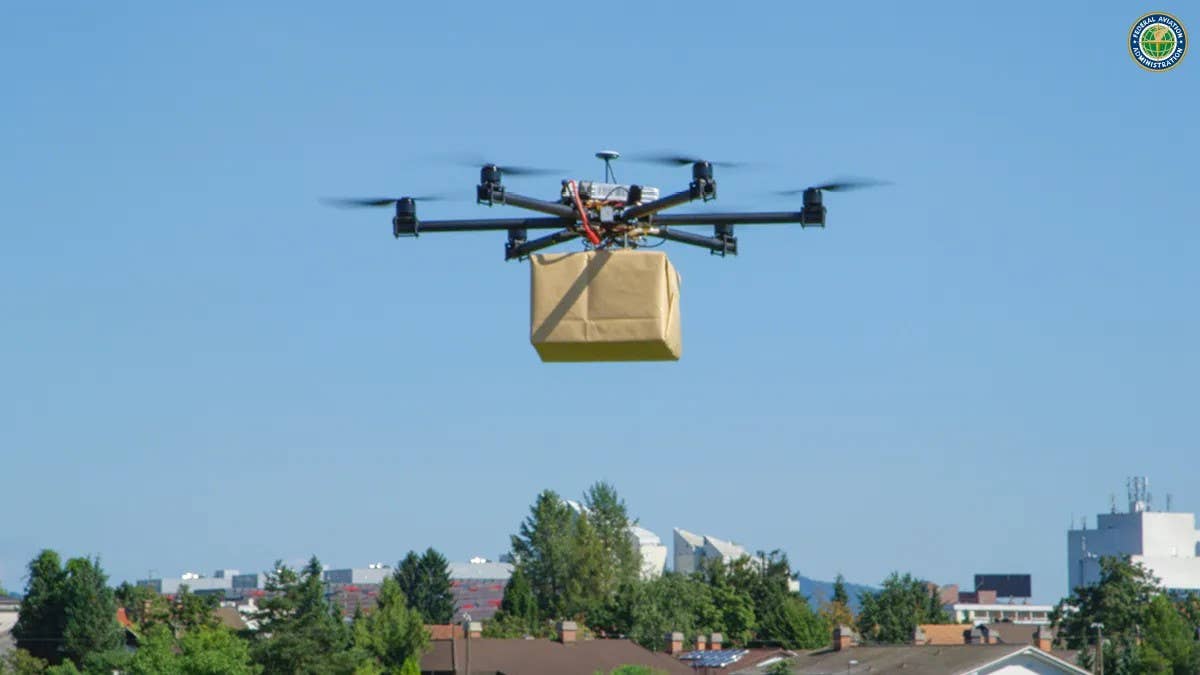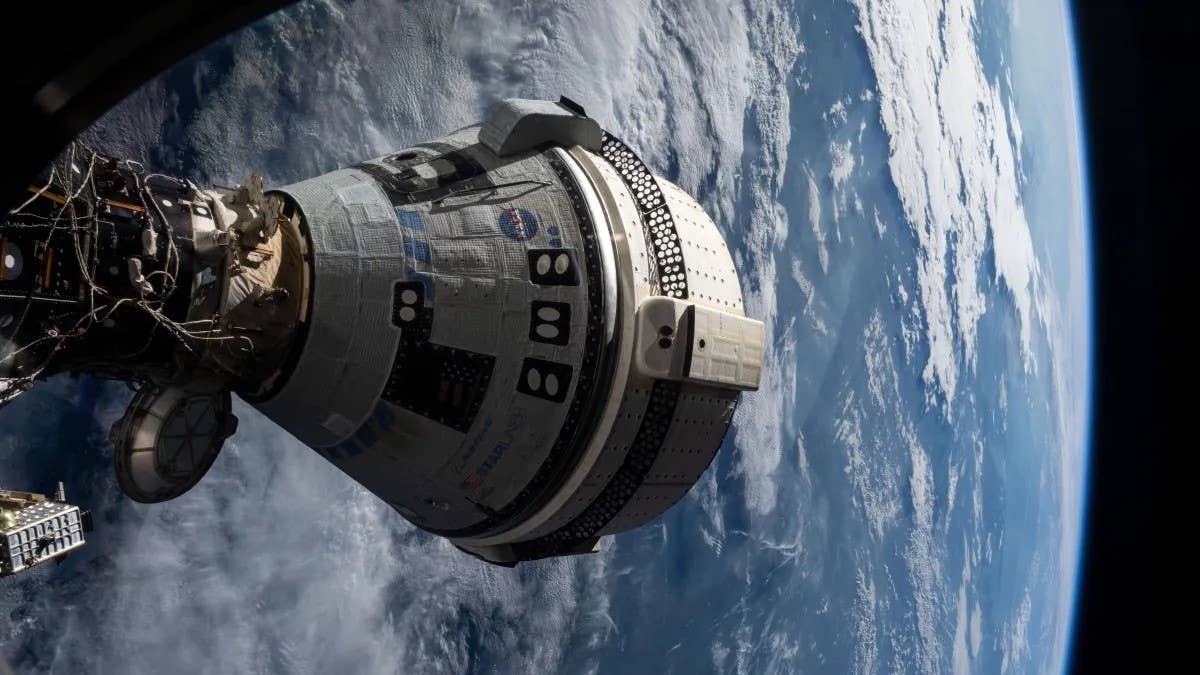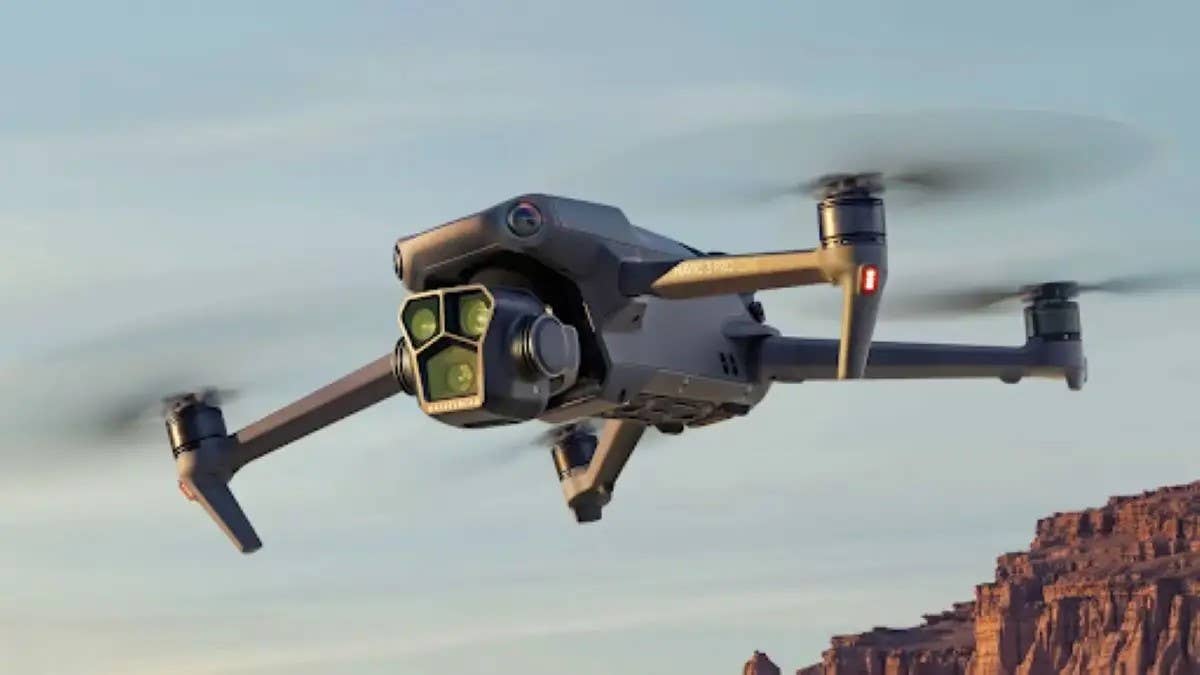
Qantas first officer David Summergreene (left) was among the first pilots at the airline to use the new FlightPulse app. Courtesy GE Digital
Saving fuel directly translates to saving dollars for any flight operation’s bottom line, and the latest release from GE Digital apparently is doing the job for crews using it on Qantas. FlightPulse—announced on March 9—is an app and flight analytics tool that GE Digital developed in concert with Qantas as a way to enhance safety and support operational decision making for pilots. The app uses both airline-specific and pilot-historical data to give pilots the ability to access their own efficiency metrics and trends following every flight—with the goal of increasing fuel efficiency and improving risk management. FlightPulse is built using the Microsoft Azure platform.
GE describes the app: “FlightPulse is a fully configurable, modular mobile app that becomes a part of a pilot’s electronic flight bag (EFB). Data from GE Digital’s Event Measurement System (EMS) is organized specifically for the needs of a pilot. The Pre-flight module provides rich aggregated data for pilots to identify any safety-related or general traffic flow considerations for more informed fuel decisions and departure briefings. The Post-flight module provides secure access to a pilot’s individual flight history allowing them to analyze their own operation of the aircraft in relation to peers and review areas to optimize personal operations and efficiency.”
So, how does it work from the pilot’s view? Flying asked Qantas first officer David Summergreene his initial impressions of the app and how well it integrated into his workflow on the flight deck. “I use FlightPulse in different ways depending on where I am flying to,” said Summergreene. “For example, if I am flying to an airport for the first time, then I would start to look at the information a few days in advance as part of my preparation, and this would continue up to the day of departure. If I am flying a particular route regularly, it serves more as a reference point to confirm my established flight plans. It’s now part of my regular debrief process to take a look at the Past Flights module after every flight, reflecting on how that flight performed both individually, and in comparison to the rest of my fleet.”
Summergreene said that learning to use the app was straightforward. “The app was designed to be intuitive, so learning how to use it only took a few minutes. The app contains explanatory text alongside each metric which is really helpful in understanding the data.” He also shared these tips for pilots that might use FlightPulse in the future: “My number one tip for a pilot using FlightPulse for the first time is to approach the data with an open mind. Some of the data will challenge the perceived norms, which is a good thing, because it becomes a learning curve for everyone and goes towards driving more efficiencies for the operation.”
Qantas has already seen the app benefit its operations. In the first year, the airline avoided 5.71MM kg in carbon emissions and witnessed an increase of 15 percent in the adoption of fuel-saving procedures. According to the company, 50 percent of Qantas’ pilots regularly used the app in the first two months of deployment and experienced significant fuel savings as a result.

Subscribe to Our Newsletter
Get the latest FLYING stories delivered directly to your inbox






